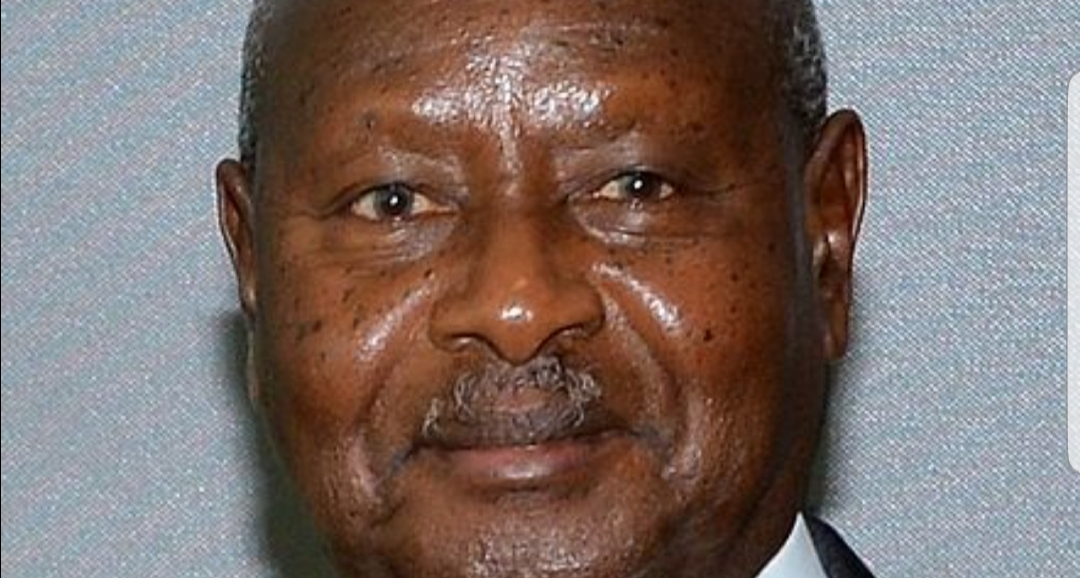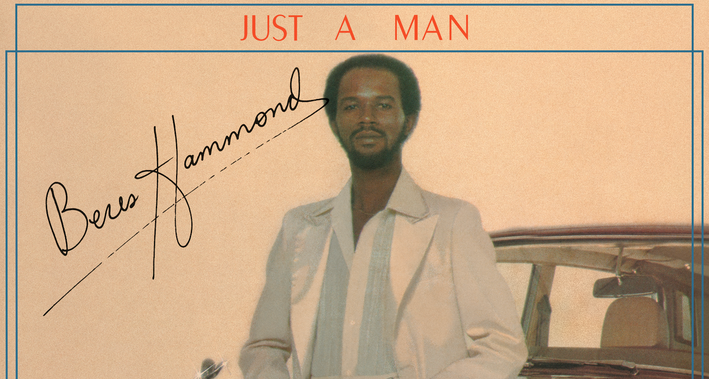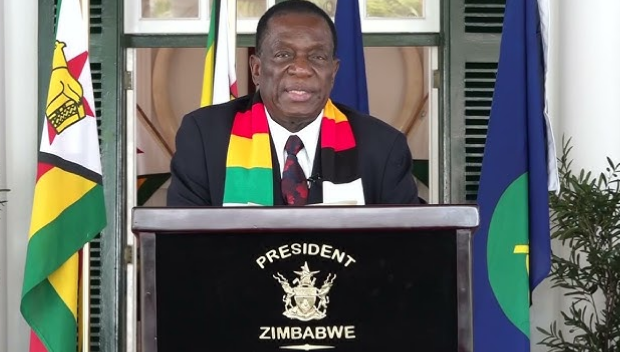Gen. Museveni. Photo: Wikimedia Commons.
[View From Uganda]
Many Ugandans describe President Museveni as a dictator. However when he cleaves to description, by dictating, we erupt in anger.
You can’t blame a snake for showing its fangs. Those of us who aren’t surprised by his willingness to kill in order to stay in power aren’t angry either. For we know that, in the long run, anger is a useless political weapon. It is easily manipulated by the enemy.
Museveni used it to manipulate a nation against Milton Obote. Where did that get us? In the Art of War, Sun Tzu stresses that a warrior who is influenced by rage instead of rationality will make mistakes.
Allied to this, Museveni, like Napoleon Bonaparte, believes one should “never interrupt your enemy when he is making a mistake”. Again, anger festers into depression; which is anger turned inward. That’s why so many Ugandans are depressed these days.
A 2017 study says 35% of Ugandans suffer from mental illness, much of which emanates from depression.
So what do we have instead of anger? We have organization. We must organize ourselves and vote.
If those votes are stolen, we must organize to send those who stole those votes to the nearest political cemetery.
For votes stolen across the country will create a critical mass of rage which can be parlayed into a groundswell of dissent.
Even if is this doesn’t jettison Museveni immediately, it will create a climate in which he will not be able to govern effectively. This will in turn intensify the forces of change.
Another thing we must do is heighten the political consciousness in the country. In the 1960s and 80s, our parents were aspirational and ideological. Their aspirations were different aspirations to our own. Many of them aspired to be like Frantz Fanon, Kwame Nkrumah, Patrice Lumumba, and others. Whereas our generation exalts Gaetano Kaggwa for getting down and dirty on the reality television show, Big Brother.
Our aspirations are based upon ephemeral and material gains. We are acquisitive; flush with capitalistic greed without the requisite capitalistic discipline.
The average Ugandan (of our generation) blames the government for the inflation that eats into his or her philistine existence.
Instead, as it were, of growing up and realizing that change will not miraculously result from a hashtag or an angry tweet.
It must come, as Che Guevara’s detonation theory posited, from a sufficiently dramatic act to carry a momentum of its own amongst the masses.
This will detonate the status quo and bring forth change.
Of course, Uganda of today is a world away from Uganda of yesteryear.
This is a direct consequence of globalization; a phenomenon that impacted our parents to a nascent degree.
So there are sociological distortions which make foreign penetration deeper. Museveni has played on this penetration by manipulating foreign interests to suit his own. He has done this by claiming to be a bulwark against terrorism in the region.
To further prolong his tenure, Museveni has reinforced a neo-patrimonial system of rule that has turned the everyday Ugandan into a client as opposed to citizen.
This effectively perpetuates his reign.
More, the army is personalized. Many of our soldiers swear allegiance to Museveni ahead of Uganda.
Again, Museveni has failed to acknowledge that he needs a worthy successor. His de jure successor, vice president Edward Sekandi, can’t command the respect of the army or the electoral support of a cynical population that accuses him of vote-rigging in his constituency, Bukoto County Central.
Basically, Uganda’s political dispensation suits Museveni’s designs to entrench a monocracy, headed by him.
That’s why Uganda might be in trouble if Museveni were, heaven forbid, to die. I can see a power struggle at the top akin to what happened in Kenya immediately post- Jomo Kenyatta.
What saved Kenya, in that instance, is that the Kikuyu kitchen cabinet favored Daniel Arap Moi. Plus, the Kenya army was a spectator not conspirator to this internal combustion.
In Uganda, the army is no such looker-on. The Svengalis behind the throne will not yield to the craven VP Sekandi. So this could spell trouble.
More, because our politics is about who gets what, in terms of spoils, the joust to succeed Museveni might be bloody.
Also, we have the insidious phenomenon of sub-nationalism to contend with. Too many Ugandans are overly ethno-centric: people dubbing other Ugandans “foreigners” or “saboteurs” because they belong to a different “tribe” (or political persuasion).
This ethnic hatred is a potential source of danger. Uganda is thus a tinderbox.
It shall explode post-Museveni if we don’t step up to the plate and accept this volatility as real and present. With such acceptance, we may do something to head-off chaos.
For as the old adage goes: in times of peace, prepare for war.









